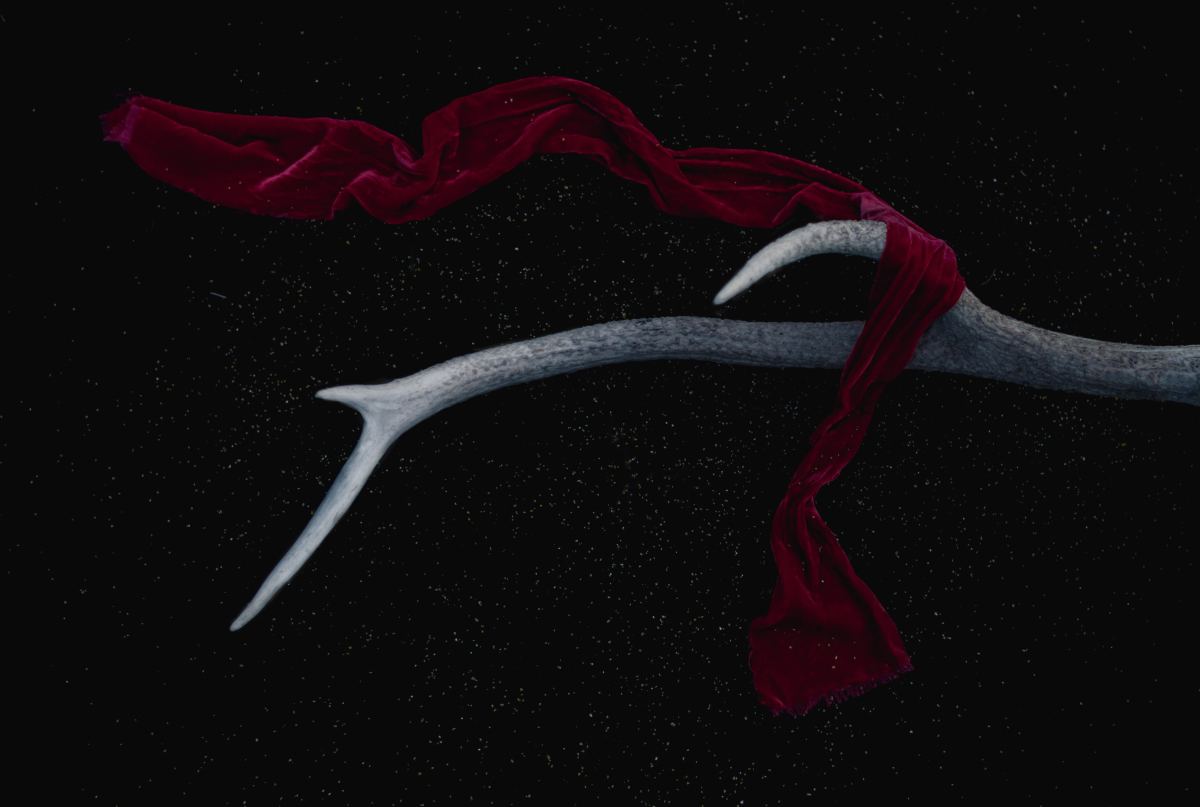

In general, there is agreement: Gina Wisker points out that “While using elements of the literary Gothic, horror is more likely to be or to threaten to be violent and evoke disgust and/or terror.” Townshend (2016) also concurs that “Terror is the writing of sublimity, horror the literature of sensation.” Both critics also point out that the two categories cross and blur at points. Ann Radcliffe’s speakers go on to debate obscurity and confusion, which are also terms that have been used interchangeably, but are not the same, as “obscurity leaves something for the imagination to exaggerate confusion leaves only a chaos.”Īnn Radcliffe’s famous distinction between terror (the obscure, unseen) and horror (the shown atrocity) has been explored by numerous later critics and creators, from Varma (1957) to King (1981).

Somewhat ironically, English poet John Milton’s (born December 9th, 1608 – died November 8th, 1674) use of the phrase “horror plumed” therefore “imparts more of terror than of horror,” as his lack of description creates the sublime. Terror “is seen in glimpses through obscuring shades” and excites the imagination to provide the rest.

However, Ann Radcliffe goes beyond effect in defining the two, and for her, the great difference lies in the “uncertainty and obscurity” that accompany the first.

Ann Radcliffe claims that “Terror and horror are so far opposite, that the first expands the soul, and awakens the faculties to a high degree of life the other contracts, freezes, and nearly annihilates them.” Because of this, terror is a source of the sublime, and horror is not. This is written as a fictional dialogue debating the use of the supernatural in the works of William Shakespeare (born 1564 – died April 23rd, 1616), pointing out that its value lies in its “secret effect upon the imagination,” which works in two different ways. American novelist Ann Beattie first distinguishes horror by its physical effects, as it “make the blood seem to run cold.” English author Ann Radcliffe (born July 9th, 1764 – died February 7th, 1823) then further defines the affective qualities of both horror and terror in her landmark essay ‘On the Supernatural in Poetry’, which was published in 1826. However, Howard Phillips Lovecraft’s work is prefigured by a number of writers and philosophers who have tried to define and distinguish between different types of fear and its literature. He seemingly finds little value in these novels except as settling the Gothic as a “literary form” and acting as inspiration for “the real weavers of cosmic terror - the line of actual artists beginning with Poe.” Howard Phillips Lovecraft uses the terms horror and terror interchangeably as responses to a larger cosmic fear that finds one incarnation in Gothic literature. Howard Phillips Lovecraft opens by claiming “The oldest and strongest emotion of mankind is fear, and the oldest and strongest kind of fear is fear of the unknown.” He then goes on to point out that the “spectral macabre” demands “imagination,” mobilising our fears of the world around us into a “literature of cosmic fear.” Howard Phillips Lovecraft looks back to the folkloric incarnations of the horror tale and the early British Gothic novels from Sir Hugh Seymour Walpole (born March 13th, 1884 – died June 1st, 1941) et al, noting their quick establishment of “dramatic paraphernalia” (stock characters and settings). Gina Wisker identifies Howard Phillips Lovecraft’s (born August 20th, 1890 – died March 15th, 1937) ‘Supernatural Horror in Literature’ (published in 1927) as the first major text that locates and defines supernatural horror. Scholarship struggles with content-based definitions and often subsumes horror within Gothic (or vice versa), depending on the writer’s critical perspective or the medium being discussed. The British author Gina Wisker argues that “not everything that is Gothic is horror.” The terminology blurs and contradicts, and particular meanings can be hard to separate.


 0 kommentar(er)
0 kommentar(er)
